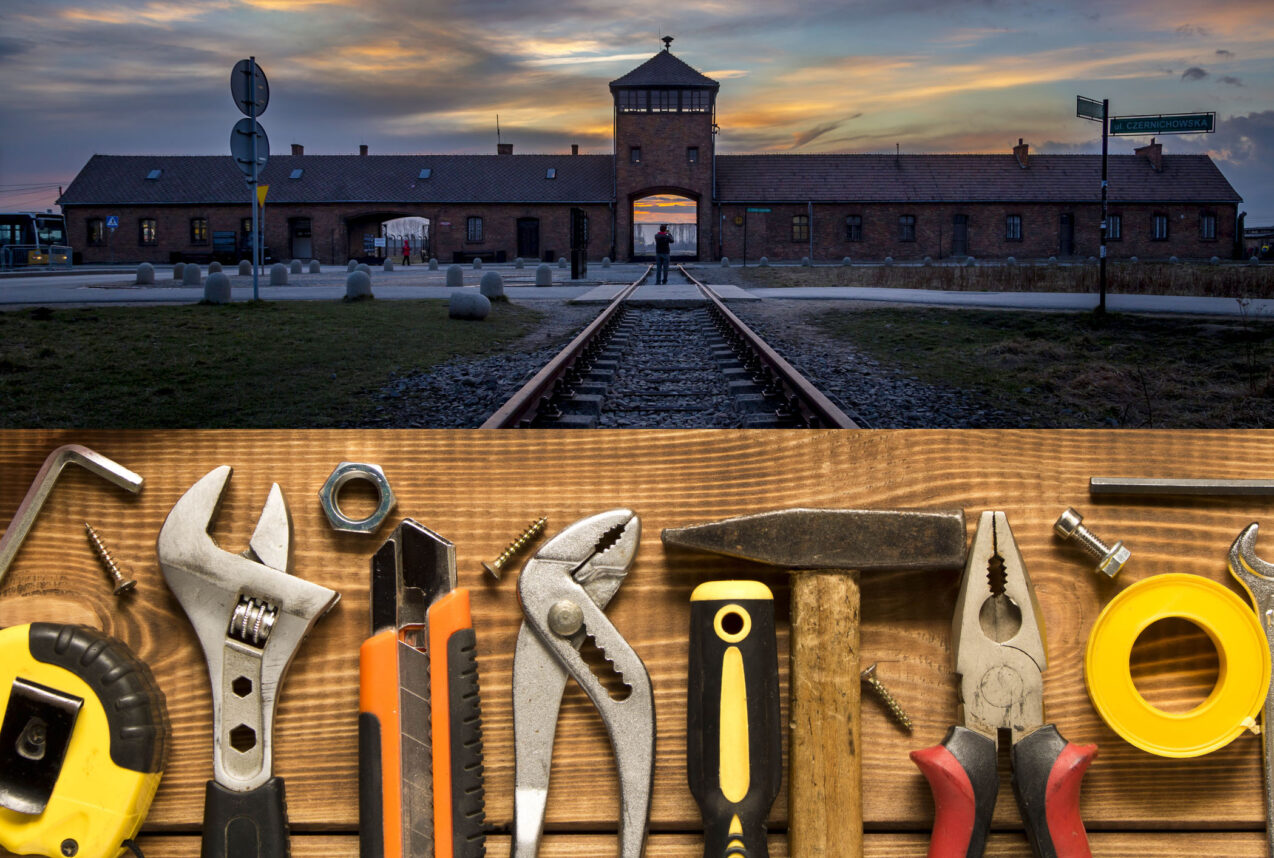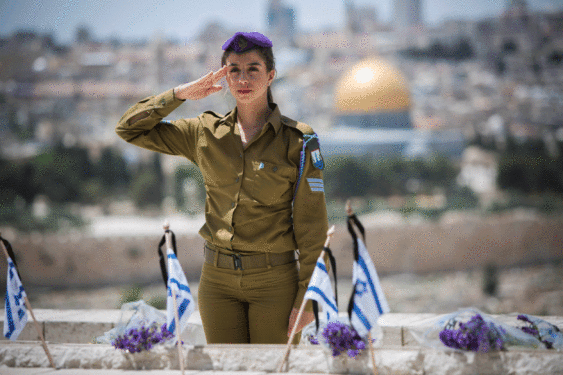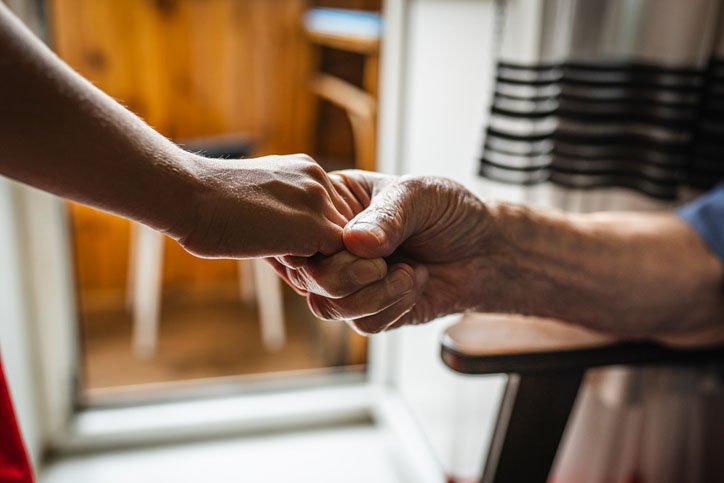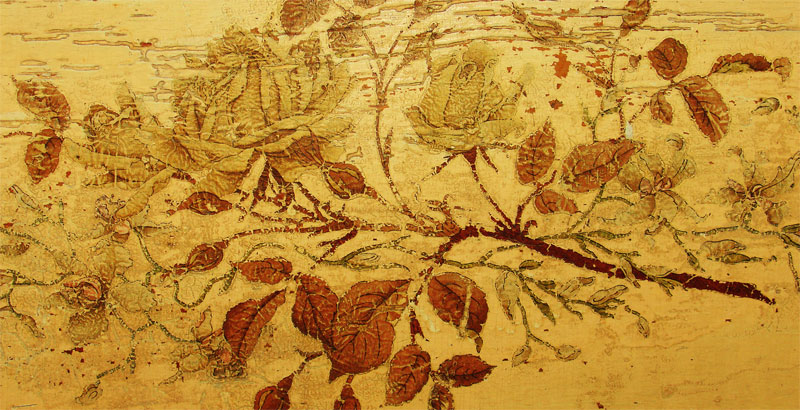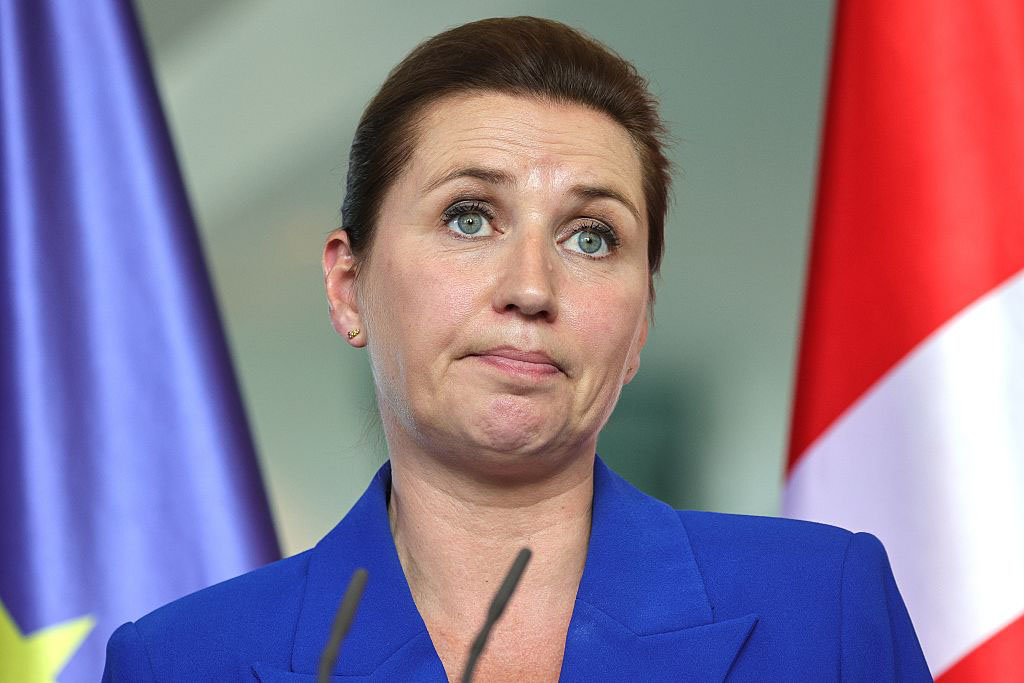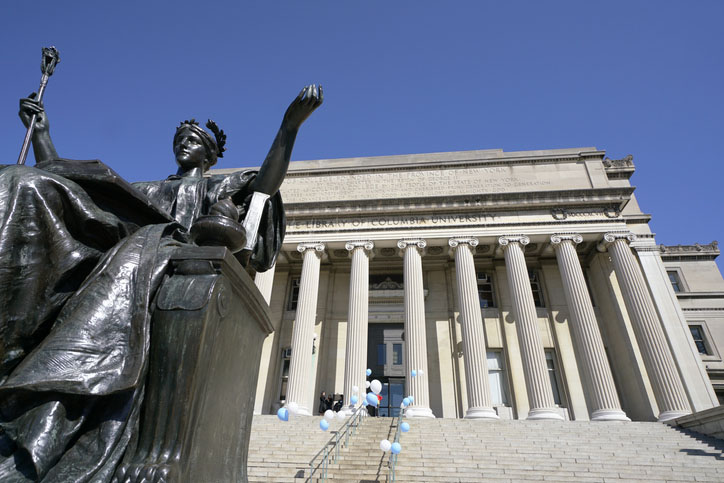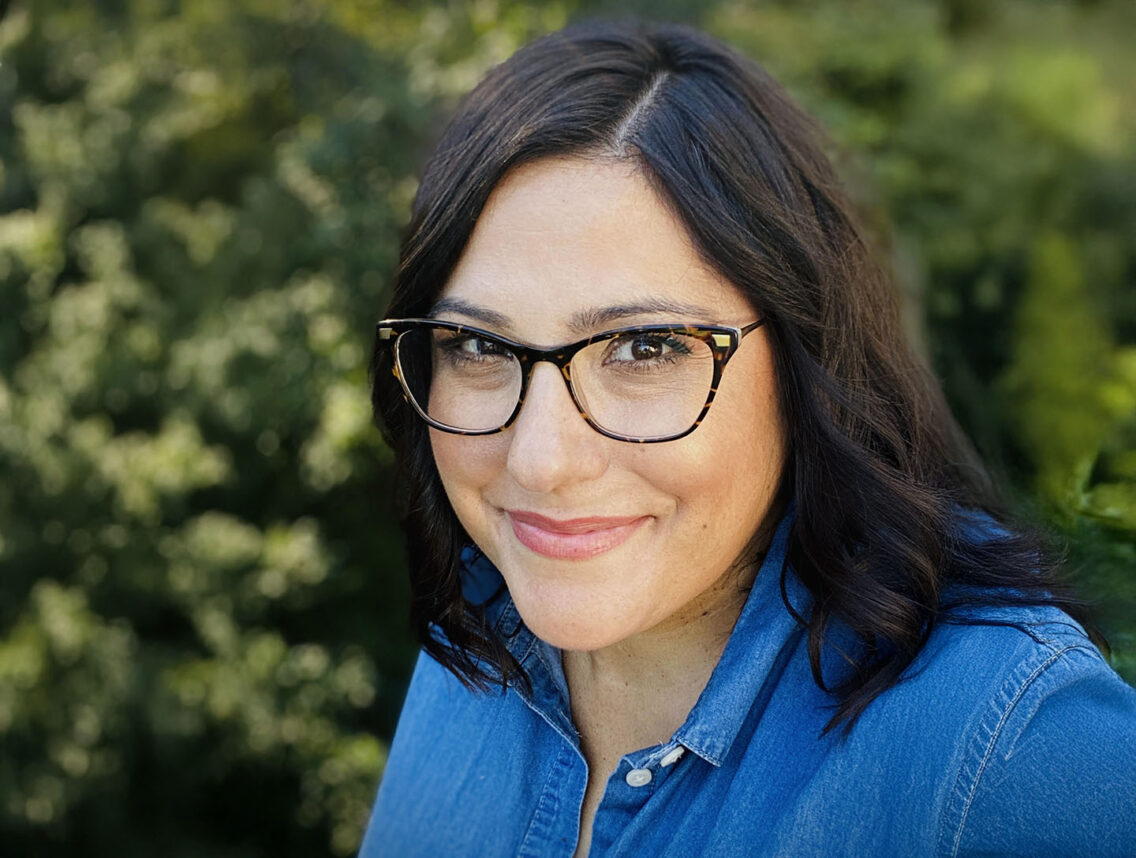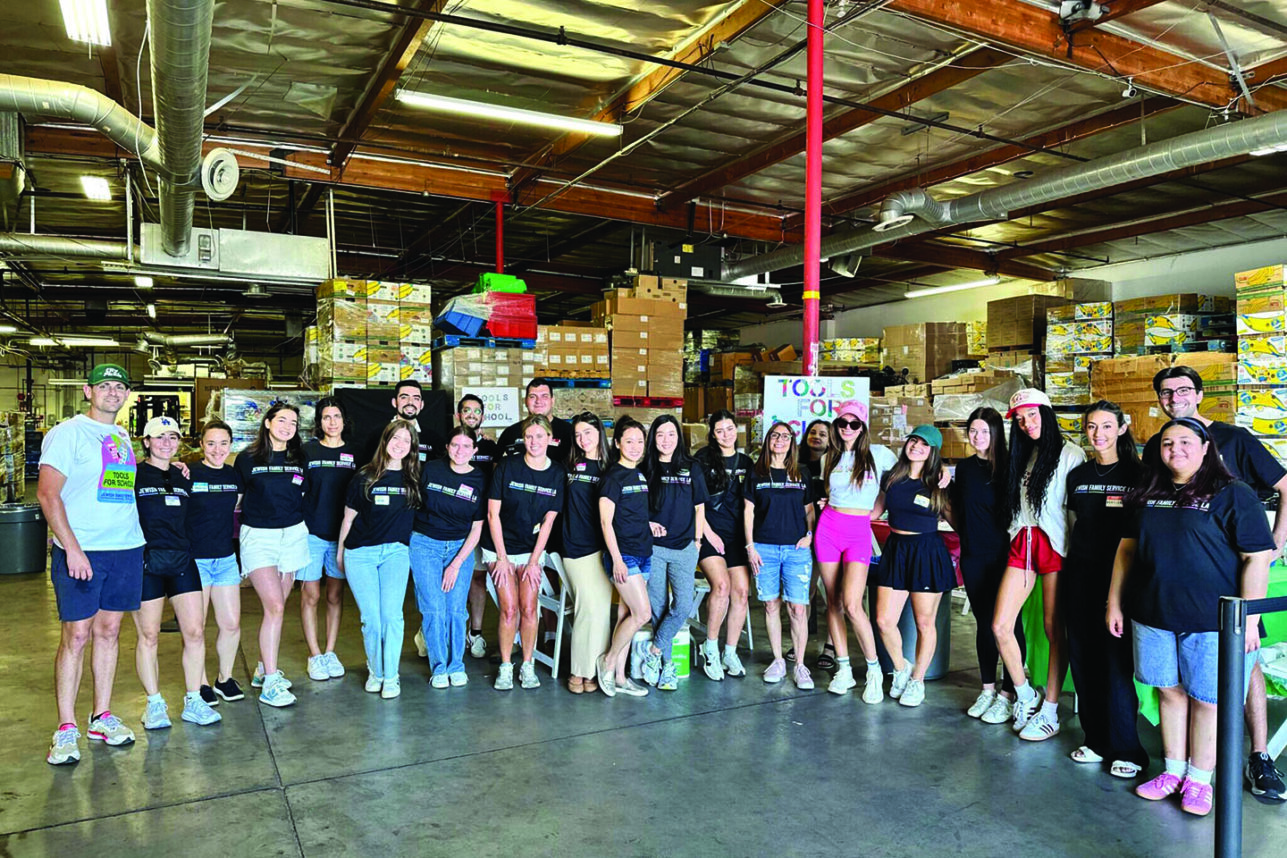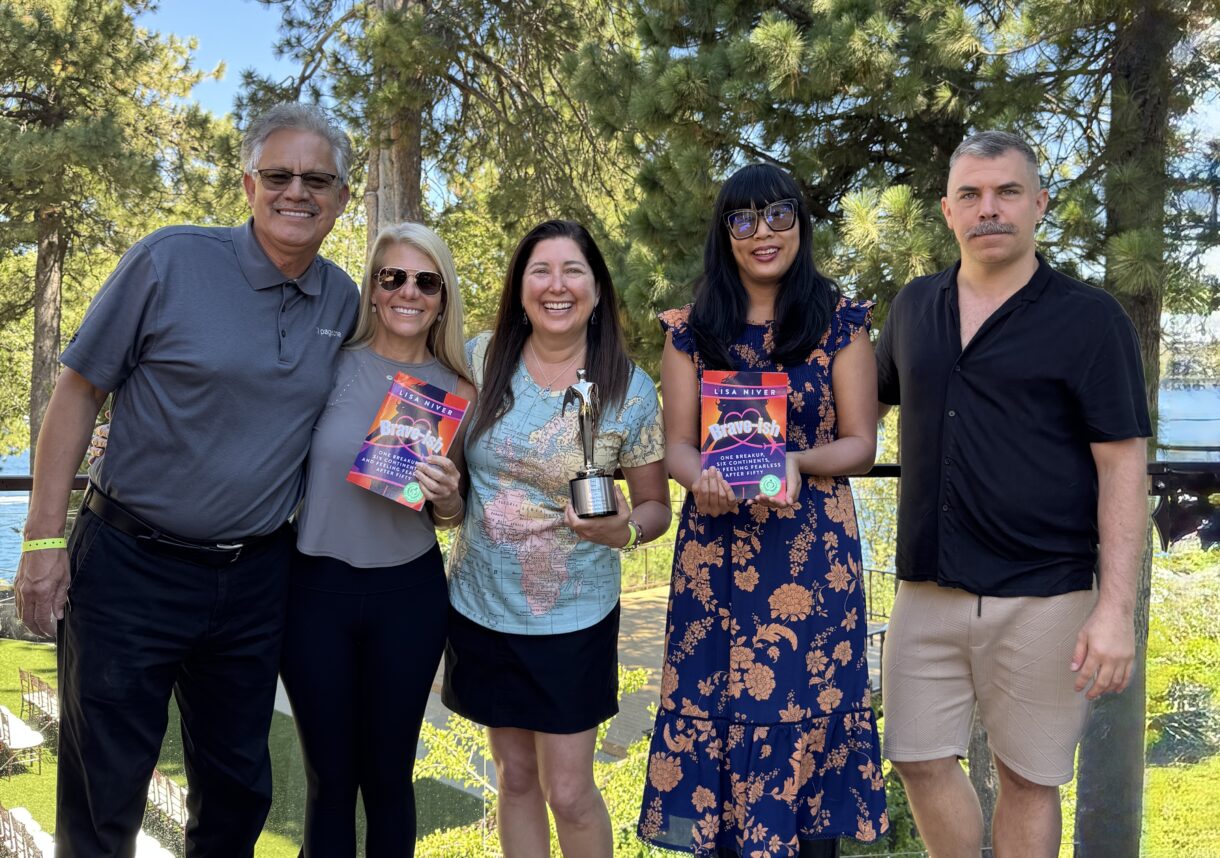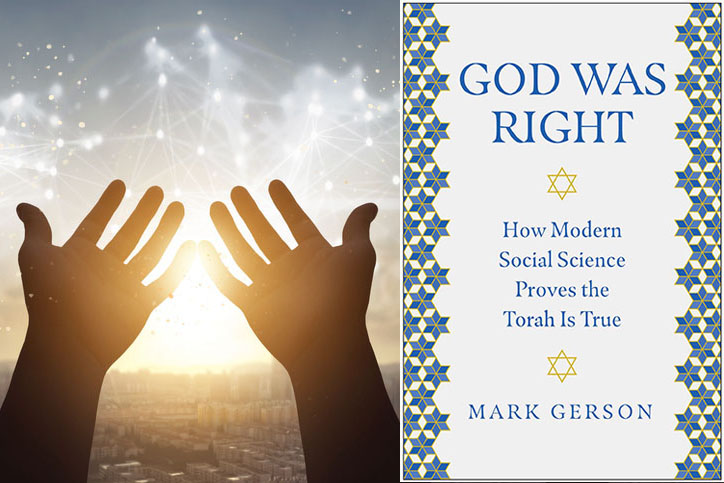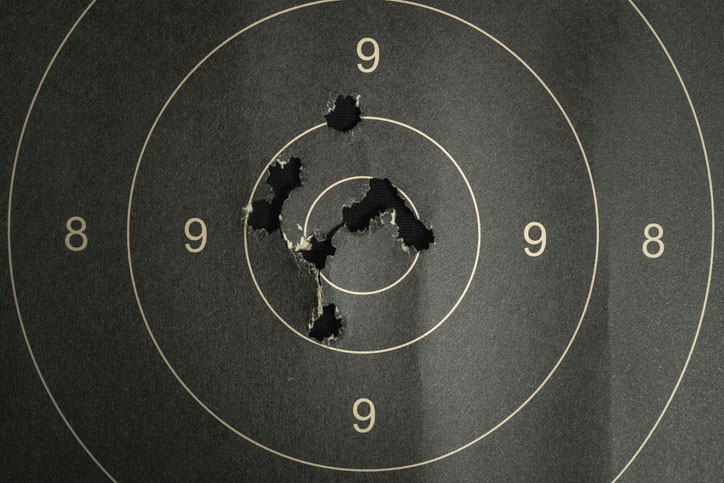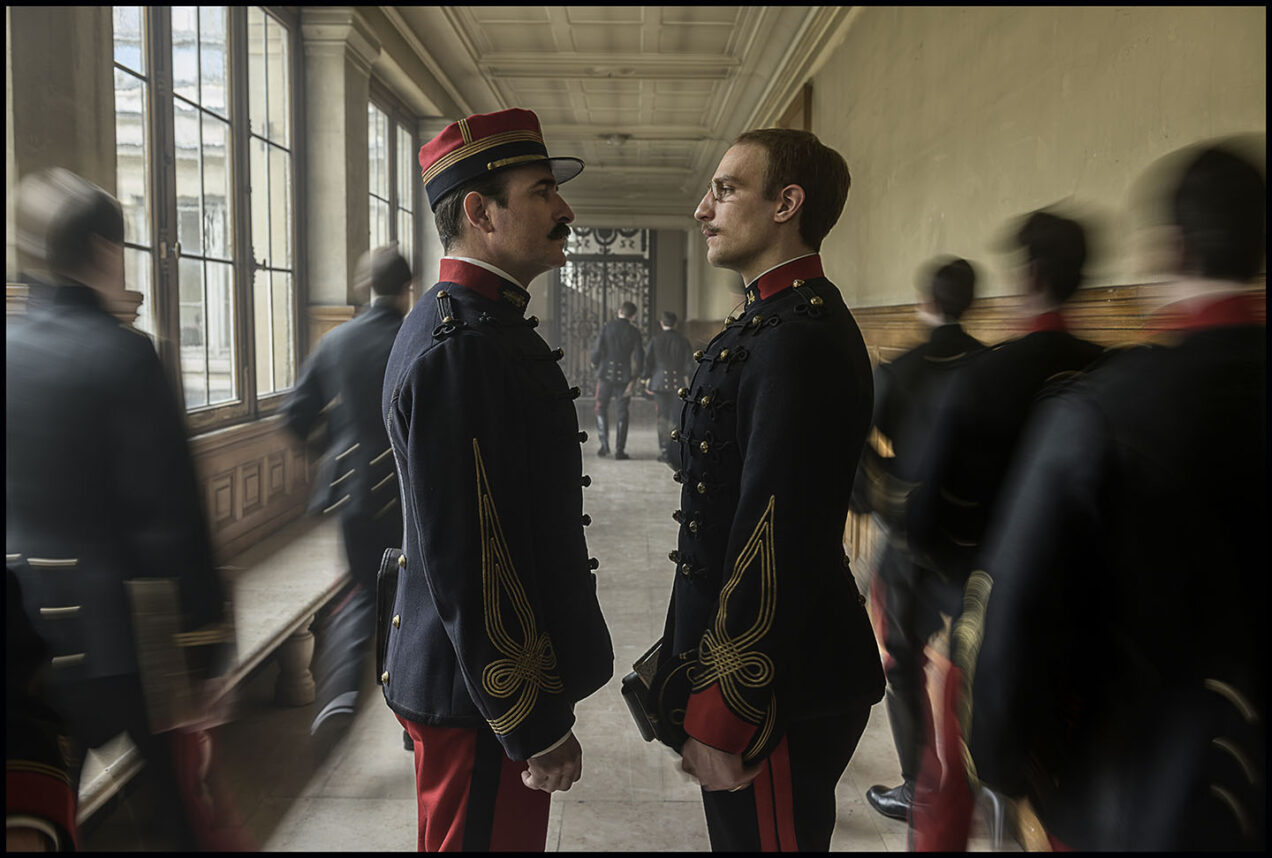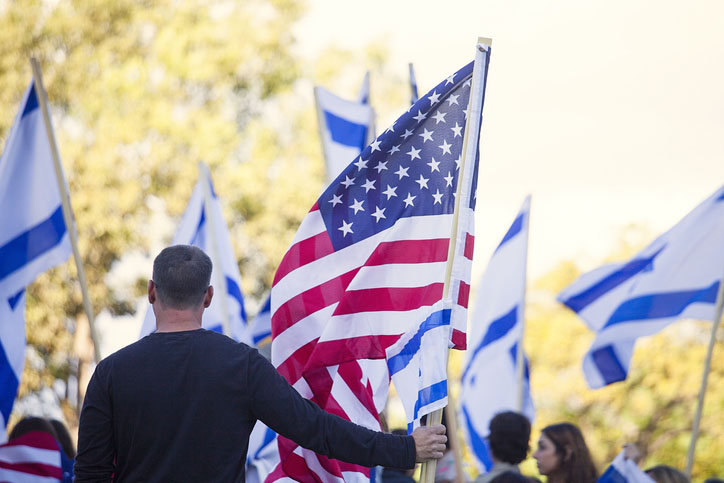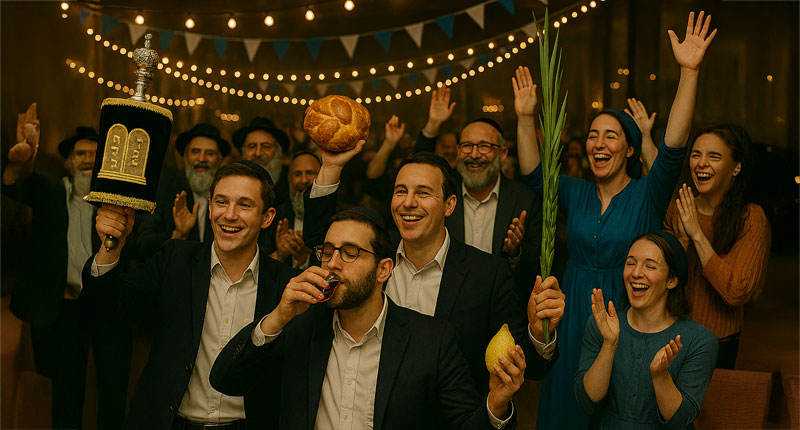After Hitler conquered France, the French colonies of Algeria and Morocco remained under the control of the collaborationist Vichy regime. While the Jews of these countries suffered under the anti-Semitic Vichy-imposed laws, their lives were not at risk.
Tunisia was the exception. In November 1942, German troops and their Italian ally occupied the small country, forced its 100,000 Jews to wear yellow stars and confiscated their properties.
Before British troops liberated Tunisia six months later, the Nazis sent 5,000 Jews to forced labor camps, where at least 46 died, according to Yad Vashem, Israel’s Holocaust memorial authority. About 160 Tunisian Jews living in France were deported to death camps.
 The Nazi takeover immediately affected Jacob Boukris (wedding photo, right), an affluent household appliances manufacturer, as well as his wife, Odette, and their 11-year-old daughter, Anny. German troops gave the family one hour to evacuate their spacious house in the coastal town of Mahdia, then the soldiers turned it into a barrack and took all the valuables. The family and two dozen Jews found shelter in a nearby olive oil factory, but a few days later, another visitor appeared at midnight.
The Nazi takeover immediately affected Jacob Boukris (wedding photo, right), an affluent household appliances manufacturer, as well as his wife, Odette, and their 11-year-old daughter, Anny. German troops gave the family one hour to evacuate their spacious house in the coastal town of Mahdia, then the soldiers turned it into a barrack and took all the valuables. The family and two dozen Jews found shelter in a nearby olive oil factory, but a few days later, another visitor appeared at midnight.
He was Khaled Abdelwahab (the transliterated Arab name is also spelled Abdelwahhab), a notably handsome man of 32, whose father was Tunisia’s most eminent historian. The visitor told the startled Jews that they must leave immediately and explained why.Young Abdelwahab served as liaison between the local population and the Nazi occupiers. He used the position to ingratiate himself with the Germans and, like Oskar Schindler in Poland, frequently treated the officers to meals and endless rounds of wine.
The Germans had set up a brothel and impressed a number of local women, among them Jewish girls. One evening, a drunken officer confided that he had his eye on a particularly beautiful Jewish woman and planned to take her to the brothel and rape her the next night. The intended victim, Abdelwahab quickly realized, was Odette Boukris.
Between midnight and morning, Abdelwahab drove the Boukris family and the other Jews in the olive oil factory to his secluded farm. He hid and fed the large group until the Germans were chased out by the British four months later.
On Monday morning, when the Simon Wiesenthal Center observes Yom HaShoah, commemorating the victims of the Holocaust, a place of honor will be reserved for the daughter of the late Khaled Abdelwahab.
Abdelwahab is the first Arab to be nominated for official recognition by Yad Vashem as a Righteous Among the Nations, and his story adds a new dimension to the 6 million stories of horror — and occasionally nobility — rising from the ashes of the Holocaust. His acts also shed light on the little-known fates of Jews in the Arab countries of North Africa during World War II.
But while Abdelwahab and Boukris maintained their friendship for some years after the war, the story would surely have been forgotten after their deaths but for the curiosity and persistence of one American scholar.
Robert Satloff, executive director of the Washington Institute for Near East Policy and an expert on Arab and Islamic politics, moved with his family to Morocco shortly after Sept. 11 to research the attitudes and behavior of North African Arabs toward the resident Jews during World War II. He posted a message on a Web site popular with Tunisian Jews, now scattered across the world. Within a week, he received a response from Anny Boukris, the 11-year-old girl hidden with her parents on Abdelwahab’s farm who was then a 71-year-old woman living in Palm Desert.
Boukris wrote, “The Arabs saved many Jews, hurt also other Jews. I don’t know very well these stories. I remember very well only our story.”
That message launched Satloff on a four-year investigative trip, with numerous stops in North Africa, Israel, Britain, France and the United States.
Initially, Satloff had his doubts about the Boukris story, and two experts on Tunisian Jewish history assured him that her tale was sheer fantasy. But as Satloff dug deeper and discovered more and more corroborating facts and witnesses, he became convinced of the story’s veracity.
He also found additional instances of “noble, selfless” deeds by Arabs. Thus, when the Vichy regime offered Algerian Arabs huge profits if they took over Jewish property, not a single Arab responded. In 1941, prayer leaders in mosques throughout Algiers, the capital city, delivered sermons warning the faithful not to participate in a similar scheme to strip Jews of their property.
As one result of his findings, Satloff recently published a detailed account in his book, “Among the Righteous: Lost Stories From the Holocaust’s Long Reach Into Arab Lands.” For another, he formally petitioned Yad Vashem to recognize Abdelwahab as the first Arab to be designated as a Righteous Among the Nations and a rescuer of Jews during the Shoah.
The Yad Vashem investigation, now under way, tends to be long and exacting, but Satloff is convinced Abdelwahab will meet the required criteria.
Yad Vashem has so far honored 21,700 men and women with the Righteous designation. Among them are 60 Muslims, all from the Balkans, but none are Arab. As a follow-up to his research, Satloff is working with the U.S. Holocaust Memorial Museum to organize a conference in Morocco on the Shoah’s impact on North African nations.
Abdelwahab died in 1997 at the age of 86. Standing in for him at the Memorial Plaza of the Wiesenthal Center will be one of his two daughters, Faiza Abdul-Wahab. A long-time resident of Paris and active in the French film industry, Abdul-Wahab said her father rarely spoke of his wartime experiences, but she was not surprised that he had aided Jews. “My father was a shy person,” recalled Abdul-Wahab, speaking from Madrid. “He mentioned occasionally that some Jews had lived on his farm.” More vividly, she said, he recalled that a young German fighter pilot had been killed when his plane crashed near her Tunisian hometown.
“All the Jewish women cried because he was such a young boy,” her father recounted.










